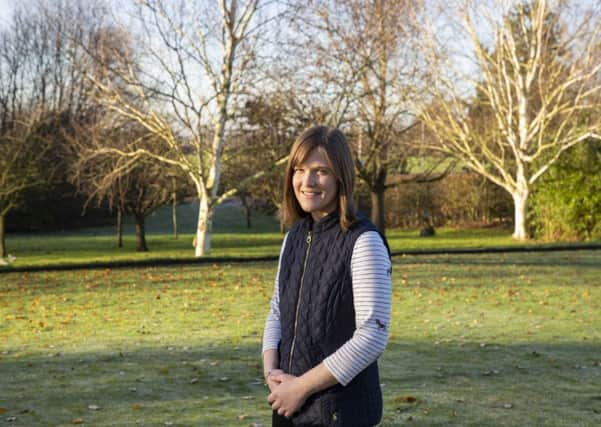Final year student exploring awareness of rare condition


The adults of the Onchocerca Cervicalis parasite, commonly referred to as Neck Thread Worm, live in the horses neck with the larvae causing the most damage in horses’ eliciting symptoms similar to a number of other common horse skin conditions.
Sarah Mansell, 21, from Bridgnorth in Shropshire, is asking vets to fill out a short questionnaire to assess awareness of Onchocerca Cervicalis in modern veterinary practices.
Advertisement
Advertisement
“Hopefully the findings will raise awareness of this problem and help shape future research in this area” said Sarah, on her dissertation entitled ‘Assessing the awareness of Onchocerca Cervicalis amongst equine vets in the UK’.
Very little research has been done on Onchocerca Cervicalis in the UK since the 1970s because the symptoms can be controlled by routine worming measures.
However, as the industry moves away from routine worming as a measure of reducing the risk of parasites developing resistances to treatments, a condition such as this which is considered to now be quite rare in the UK can start to re-emerge.
Sarah continued: “I want to get vets thinking about this issue much more than perhaps they are at the moment.”
Advertisement
Advertisement
The study includes specific questions about Onchocerca Cervicalis as well as questions on cases of unresponsive skin conditions because a similarity in symptoms can lead to misdiagnoses that could, in fact, turn out to be Onchocerca Cervicalis.
Any UK vets interested in taking part can find the questionnaire at: https://harper-adams.onlinesurveys.ac.uk/assessing-the-awareness-of-onchocerca-cervicalis-amongst-e-2